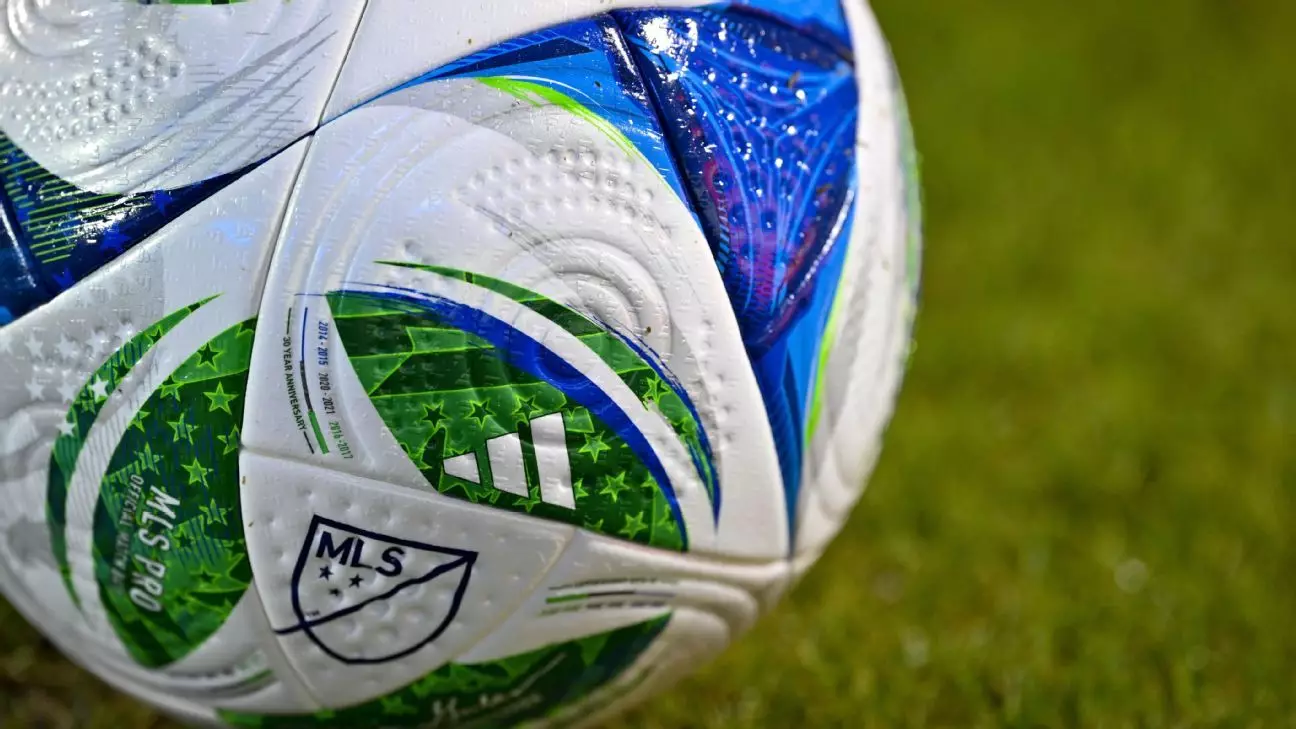The ongoing standoff between Major League Soccer (MLS) and the MLS Players Association (MLSPA) over the distribution of funds from the FIFA Club World Cup prizes has revealed deep fractures in how player compensation is handled within the league. The discord came to a head when players from Seattle Sounders FC staged a visible protest—wearing shirts emblazoned with messages like “Club World Cash Grab”—to draw attention to what they perceive as an inequitable distribution of financial rewards. The essence of the conflict lies not just in the prize money, but in the broader implications for player rights and the health of labor relations within the league.
This dispute is rooted in a larger narrative of player empowerment versus organizational control, a dynamic that has transformed considerably in professional sports over the decades. The players’ simple demand for a “fair share” is emblematic of a growing movement across many sports where athletes are beginning to assert their rights more forcefully against bureaucratic inertia.
Understanding the Financial Implications
According to a source familiar with the negotiations, the latest proposed revision from MLS attempts to amend the compensation formula for players participating in the international tournament. Under current discussions, players from the three MLS teams that qualified—LAFC, Inter Miami CF, and Seattle Sounders—would receive a one-time $1 million participation fee, combined with performance-related bonuses based on wins and advancements. While on the surface this may seem generous, the reality is more complex.
The longstanding Collective Bargaining Agreement (CBA) stipulates that players earn 50% of money derived from external tournaments, capped at $1 million—a sum that, given the millions generated by such tournaments, seems less than adequate. The MLSPA has indicated their disappointment and called the entire proposition “unsatisfactory,” arguing that MLS’s approach lacks good faith—a critical ingredient in labor negotiations. Issuing a statement that paints the proposal as “retaliatory,” they are boldly contesting not just the numbers, but the very attitude of the organization toward its athletes.
Challenges of Negotiating Power
In theory, the current CBA disallows players from striking over issues that fall under its provisions, but they are maneuvering within their legal right to engage in federal labor actions. This puts players in a precarious position as they seek to balance their loyalty to the league and their fight for fair compensation. The MLSPA has not only demanded a larger share, but they are also advocating for transparency and respect in negotiations—principles that many would argue should be fundamentally non-negotiable.
The staggering contrast of numbers is glaring when the players’ potential earnings from the $28.65 million windfall received by MLS from FIFA is distilled to just 10% for the players—making it evident that the league’s financial priorities lie elsewhere. It’s critical for the future of the league that this disparity doesn’t breed discontent among its stars, who are increasingly becoming aware of their worth and influence not only on the pitch but also in the collective bargaining arena.
The Future of Worker Collectives
This clash is not merely a financial dispute; it speaks to a systemic issue of worker collectives asserting agency in a system that historically has favored ownership. As players stand united on the threshold of the Club World Cup—a stage that epitomizes international competition—it’s worth asking: what kind of legacy are they willing to forge? The situation represents a pivotal moment not just for MLS but for professional sports as a whole, highlighting the importance of collective unity among players in facing off against established hierarchies.
As the negotiations continue, and with players’ public support swelling, one must wonder if this confrontation will mark the beginning of a newfound empowerment for MLS players. They stand on a precipice, not just battling for prize money, but for recognition of their labor and contributions to MLS’s growing brand. Their resolve not to be silenced evokes a powerful narrative of solidarity, reminiscent of labor movements throughout history.
What unfolds next will not merely affect the players involved; it has the potential to redefine the player-league relationship from this point forward. In the ever-evolving landscape of professional sports, fair play must extend beyond the field and into the boardroom.

